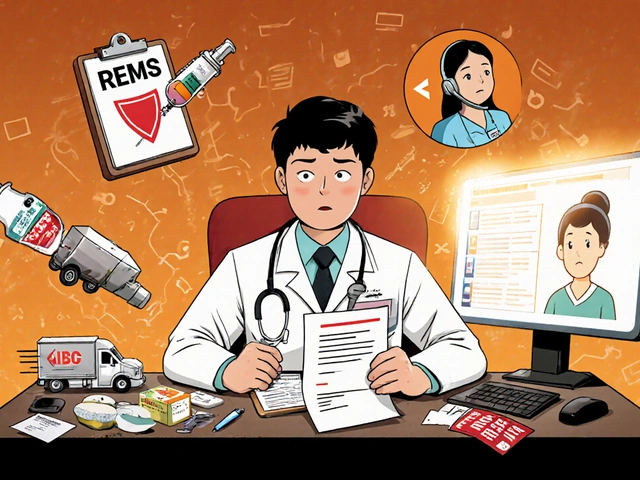Sun Exposure: Risks, Benefits, and What You Need to Know
When you step outside into the sunlight, your body starts a chain reaction that affects everything from your mood to your bones. Sun exposure, the process of your skin being exposed to ultraviolet (UV) rays from the sun. Also known as sunlight exposure, it’s not just about getting a tan—it’s a biological trigger that can help or hurt you, depending on how much and how often. Too little and you risk vitamin D deficiency; too much and you increase your chance of skin damage, premature aging, or even melanoma.
UV radiation, the invisible part of sunlight that causes skin damage comes in two main types: UVA and UVB. UVA penetrates deep into the skin, contributing to wrinkles and long-term aging. UVB is the kind that burns your skin and directly damages DNA—this is the main driver of most skin cancers. Vitamin D, a hormone your body makes when skin is exposed to UVB rays is one of the few benefits you get from sun exposure. Without it, your bones weaken, your immune system falters, and you may feel more tired or depressed. But here’s the catch: you don’t need much sun to make enough vitamin D. Just 10 to 15 minutes a few times a week on your arms and face is often enough for most people.
That’s why sunscreen isn’t just for beach days. Daily use, even on cloudy days, cuts your risk of skin cancer by up to 40%, according to long-term studies tracking real people over decades. Yet, many skip it because they think they’re "getting their vitamin D." But sunscreen doesn’t block all UVB—it just reduces it enough to prevent damage while still letting your body make vitamin D. And if you’re worried you’re not getting enough, supplements are a safer, more reliable option than extra sun.
Some medications—like antibiotics, acne treatments, and even St. John’s Wort—can make your skin far more sensitive to sunlight, leading to severe burns or rashes you didn’t expect. If you’re on any prescription or herbal product, check if sun exposure is listed as a risk. And if you’ve had skin cancer before, or have a family history, your doctor may tell you to avoid direct sun entirely.
What you’ll find in the posts below isn’t just a list of facts. It’s a collection of real stories and science-backed advice about how sunlight interacts with your body, your meds, and your daily life. From how sun exposure affects chronic conditions to what you should avoid when taking certain drugs, these articles give you the practical details you won’t find in generic health blogs. No fluff. Just what you need to protect yourself and make smarter choices about the sun.

Pterygium: How Sun Exposure Causes Eye Growth and What Surgery Can Do
Pterygium, or Surfer's Eye, is a UV-induced growth on the eye that can blur vision. Learn how sun exposure causes it, how to stop it from growing, and what surgical options work best to prevent recurrence.
Detail




